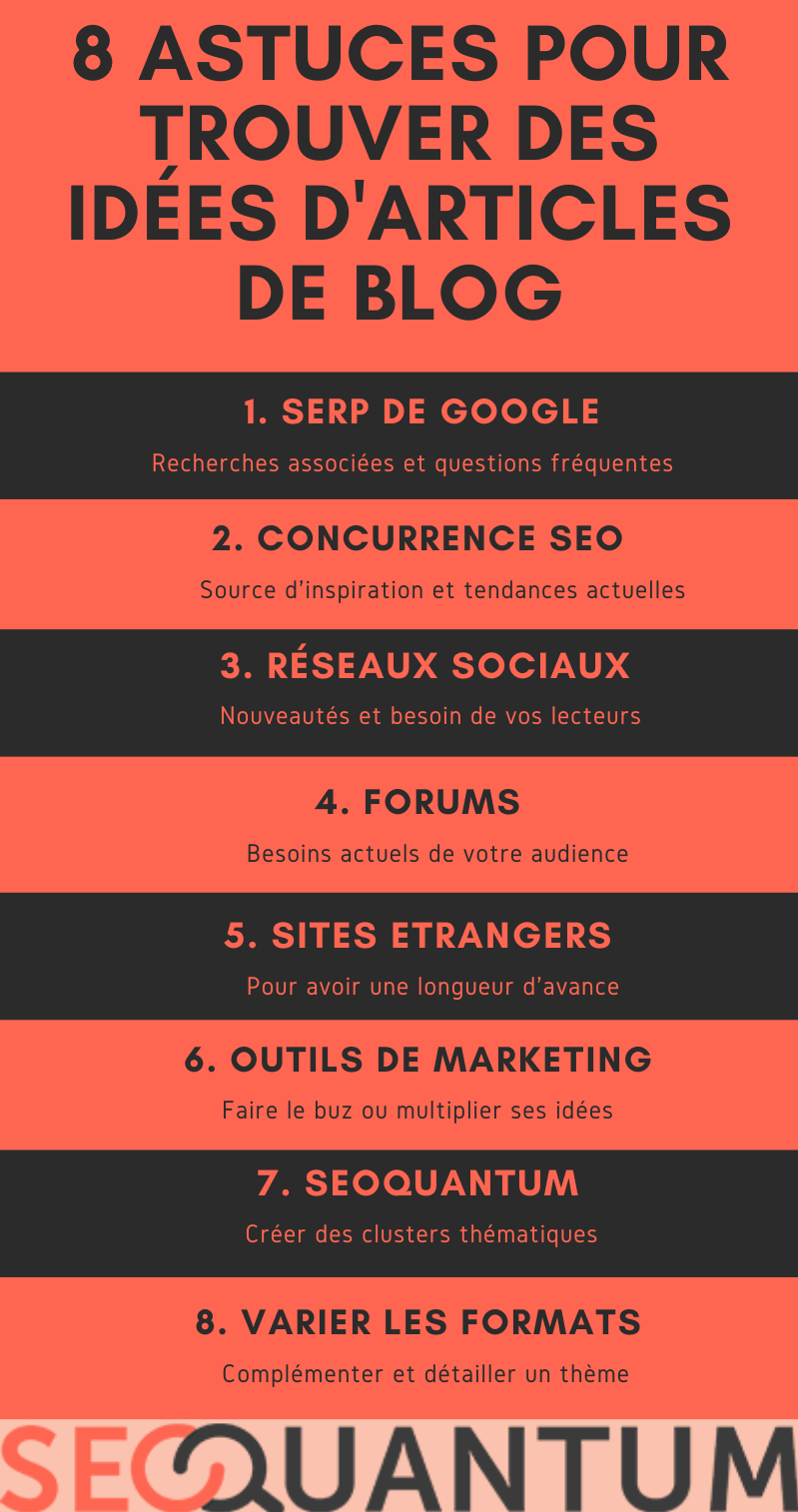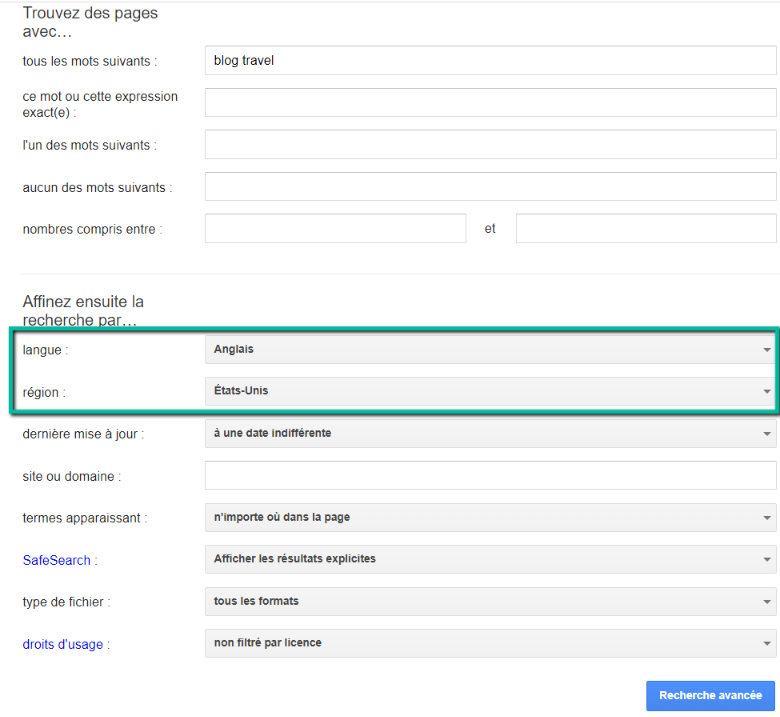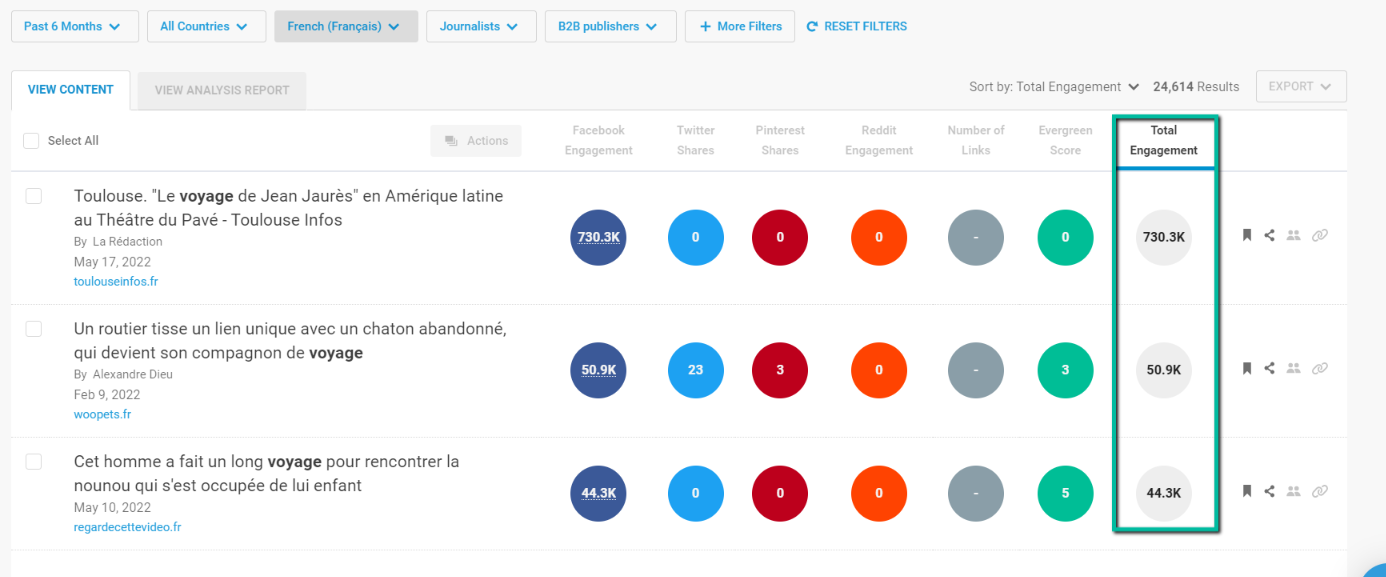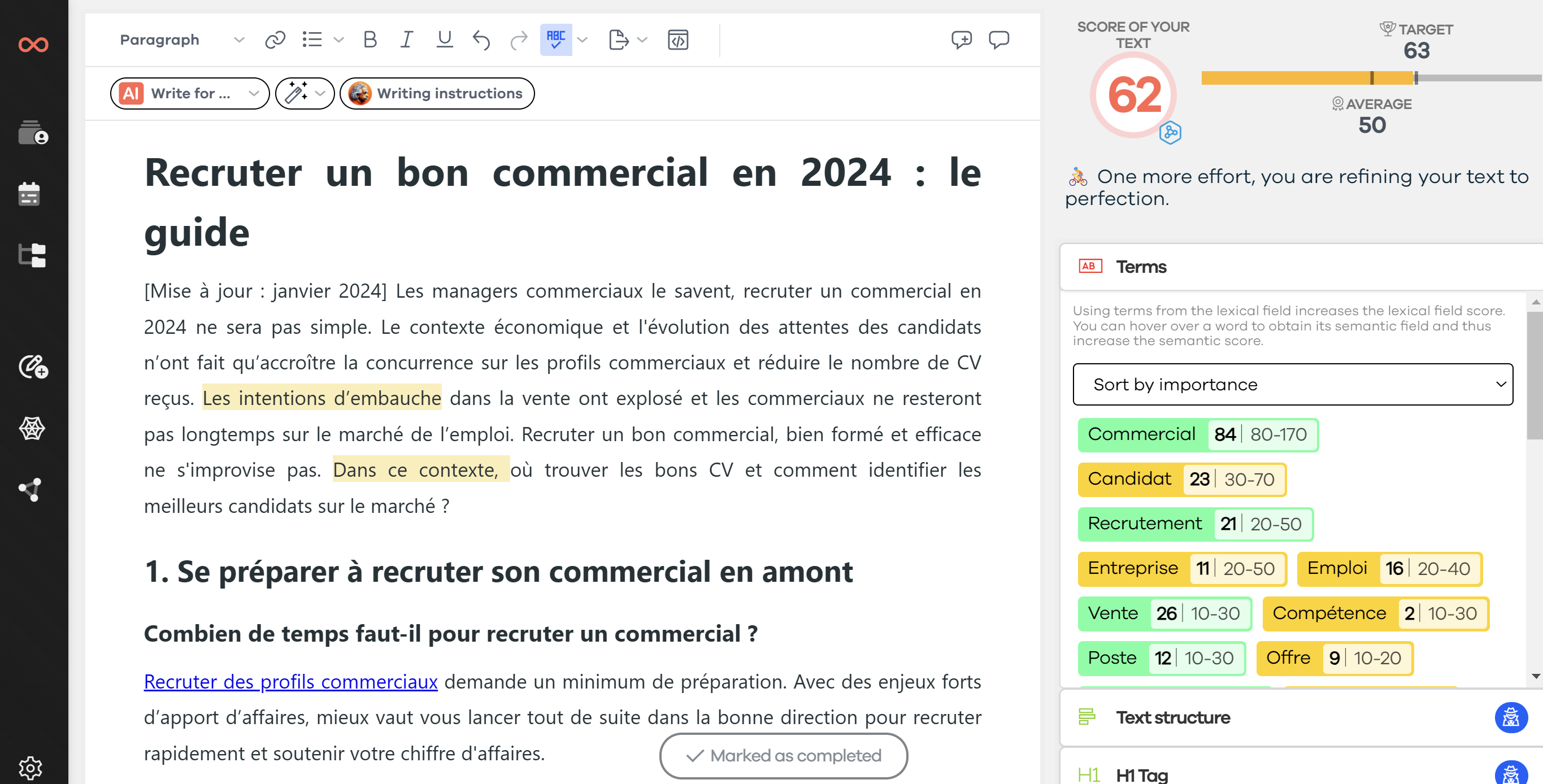You've hit a wall! You have no more topics to cover for your blog. You think you've already written about all the themes related to your field and don't know what else to write. However, you absolutely need a post to be published next week!
Don't worry, you're not the only one lacking inspiration, and it's not a dead end! In 10 minutes, you'll know 8 methods to find blog post ideas. And if you succeed in the challenge proposed at the end of this content, you'll only need 10 more minutes to have 15 topics to cover!
🚀 Quick read: summary of the best tips for finding blog post ideas

💥 8 ways to find blog post ideas
In content marketing, frequent and regular posting on a blog is essential for at least three reasons:
- Retain your audience: your readers frequently visit your website to find new information.
- Improve organic search ranking: Google's algorithms appreciate dynamic websites and tend to crawl them more often.
- Promote on other communication channels: posting on social networks or partner sites or creating newsletters.
But to achieve this triple goal, you want to find good ideas to create interesting blog posts. And let's face it, sometimes it's a real headache!
So, to avoid spending too much time or writing useless content (with no interest for your readers or SEO), there are tricks to know. Discover without further ado 8 methods to achieve this!
1. Find blog post ideas in Google's SERP
Do you want to know what users are searching for? Then, just find out on Google! Indeed, the search engine offers two simple and effective ways to find blog post ideas to write!
1. Search bar suggestions (related searches)
When you type a query in Google's search bar, you see a dropdown list of similar searches. Thus, you discover interesting variations of your main query.

You will also find these ideas at the bottom of the results page, in the section titled "related searches". Personally, I prefer to use this feature because it allows me to open the results in new tabs.

Once this step is completed, you can repeat it endlessly! Thus, starting from a single query, you can easily find dozens of blog post ideas!
2. Other questions asked
When the query lends itself to it (informational or commercial), a list of questions appears at the top of the SERP. Often, these are topics covered within articles dealing with the same theme.

Using tools like SEMRush, you might be disappointed to find that the search volume for these questions is very low. But isn't that due to the fact that Googlers have access to it without having to enter this query in the search bar?
Once again, this methodology can be repeated ad infinitum for each related query. By doing so, you may have already found a dozen blog post ideas!
2. Analyze SEO competition
Analyzing SEO competition is an essential technique in content strategy. Moreover, it's an excellent way to find ideas for your next blog posts. Not only does it allow you to know the current trends, but you can also easily discover what appeals most to your target audience.
To do this, simply search for the most popular posts on your competitors' blogs. In addition, you often have access to similar articles at the bottom of the page. It's the magic of the Internet! Indeed, it's so easy to know what interests your customers and how your competitors proceed that it would be a shame not to take advantage of it.
If you don't know your online rivals yet, simply find them on Google by entering "best blog" before your theme. Then, search for a list of blogs to make your task easier, and you're done!

3. Browse social networks
The information shared on social networks by your competitors and prospects is also considerable. Of course, this depends a lot on your theme. However, I think that two social media platforms are an exceptional source of information for finding blog post ideas.
1. LinkedIn
On LinkedIn, your competitors love to talk about their unique strategies that will revolutionize your industry or simplify your clients' lives forever. Take advantage of this to deepen these topics by writing comprehensive blog posts!
2. Facebook
On Facebook, it's your target customers who share their needs! Join groups that deal with your theme to understand the expectations of your target audience. All you have to do is write blog posts to meet their information needs.
Also, take the opportunity to share your expertise by leaving helpful comments on discussions. This way, you might be able to find a blog post idea and sign a contract at the same time.
4. Skim through forums and blog comments
Blog comments and specialized forums are full of useful information to know what your audience needs. First, you can simply list all the topics covered (you don't need to read all the comments!).
However, if you're looking for a viral blog post idea, pay attention to the number of comments. But always check the publication date of the last message. Indeed, what was relevant some time ago (years, months, or weeks depending on the theme) may not be relevant today.
Are you looking for a forum to find this information? Simply proceed in the same way as for finding a blog. Enter the query "best forum" followed by your theme on Google to discover lists of websites to visit.

5. Find blog post ideas on foreign websites
Have your searches on French-speaking sites been fruitless? Do you already have a very comprehensive blog and still haven't found an idea to write your next blog post? You still have several options to explore before giving up!
Often, I would advise you to extend your searches to American websites. Indeed, as is generally the case in content marketing, they are ahead of the game. However, depending on your industry, it may also be wise to know about blogs in Germany, England, or Japan.
If you don't speak the language, you can simply use Google Translate (personally, I prefer Deepl) to translate your query and the content found. I also recommend changing your settings on Google to improve the relevance of the results displayed.

6. Use content marketing tools (answerthepublic and buzzsumo)
Content marketing tools are magic for finding blog post ideas. Here are two not to be overlooked!
1. Answerthepublic
Answerthepublic is simple, free, and effective! Based on a keyword, the tool offers a multitude of topics to cover. You will find, among other things, formulations based on fundamental questions (who, what, where, when, etc.) that are very practical for writing blog posts.

2. Buzzsumo
Earlier, I explained that finding blog post ideas on social media was effective. Here's a complementary tool to the techniques mentioned! Buzzsumo allows you to know the most shared articles on networks.
To do this, simply enter your main theme and you will quickly find blog post ideas that can be used for your next posts. However, remember to change the search language to find content in French!

7. Create thematic clusters with SEOQuantum
Thanks to the six tips shared before, you can find a large number of ideas for writing your next blog posts. However, to improve your visibility on search engines and attract qualified organic traffic, you must think about thematic clusters!
Organized around a pillar page, all your pages will be optimally worked to demonstrate your area of expertise to your readers and Google's robots. To create an effective cluster strategy, the SEOQuantum tool is simple, accurate, and efficient!
Thus, you multiply your posts starting from a single blog post idea and perfectly complete the theme corresponding to your business line. Sincerely, if you follow all the methods given in this post, you should be able to have fifty articles to write in less than a day!
8. Vary the formats
Do you want even more ideas for writing your blog posts? Here's another method that allows you to multiply the number of topics in no time! Moreover, it's a good way to cover a theme in its entirety, which is certainly what your reader wants!
Addressing a subject in several formats effectively allows you to respond to different search intents and accompany your prospect throughout their purchasing journey. Working on the semantic relevance of your site is thus a formidable weapon for attracting qualified traffic using long-tail keywords and improving your conversion rate.
Among all the variations of a subject, it allows at least tripling the number of blog post ideas. Here's how to do it:
- A user guide or tips and tricks to meet all your reader's needs to solve a given problem.
- A comparison or test to help your visitor make the best decision.
- A case study or concrete example to explain a concept or detail a procedure.
- An interview or testimonials to validate your expertise and provide valuable resources.
You don't have to use these 8 methods to find blog post ideas. If you haven't tried one of these techniques yet, it should be enough to find many topics. Moreover, the last two tips (cluster and format) are excellent ways to complete the theme covered in posts already published on your site.
Once this work is done, all you have to do is add them to your content calendar and pass the information to your copywriter. Note that if you don't want to waste time doing these searches, they (or your SEO consultant) are often qualified to do this work.
Now it's your turn! Here's the challenge: you have ten minutes to find five blog post ideas on Google (or on social networks) and find suitable format variations. Your goal: get at least fifteen topics to cover to feed your blog for the next three months!
Need to go further?
If you need to delve deeper into the topic, the editorial team recommends the following 5 contents:

